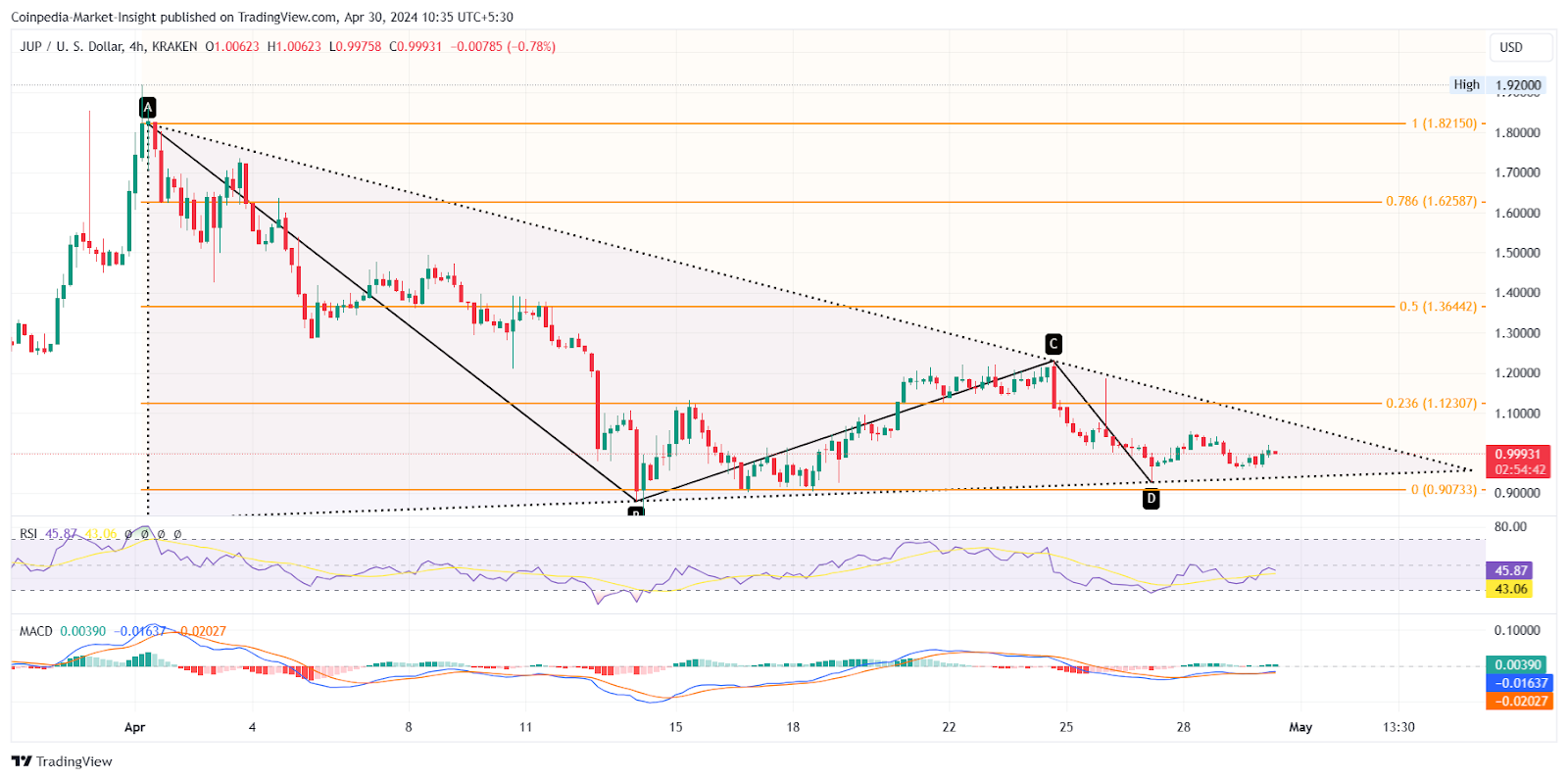US Senate bill would ban algorithmic stablecoins like Ethena USDe
Senators Kirsten Gillibrand and Cynthia Lummis released their much anticipated stablecoin regulation bill this week. Known as the Lummis-Gillibrand Responsible Financial Innovation Act, the bill aims to streamline the stablecoin industry and reduce the risks of another Terra collapse.
Lummis-Gillibrand Responsible Financial Innovation Act
The bill is highly comprehensive and includes several elements. For example, it would allow banks and non-bank trust companies to be able to issue stablecoins through their dedicated subsidiaries.
Also, the bill would introduce capital and audit requirements to ensure that all stablecoins are completely backed on a 1:1 basis. The biggest stablecoin companies like Tether and Circle already provide these audited attestation figures.
One of the crucial elements of the new bill is on the so-called algorithmic stablecoins like Terra USD and Ethena USDe. The bill bans these stablecoins in the United States in a bid to protect users.
Algorithmic stablecoins are different from the likes of Tether and USDC. Instead of being backed by cash, these coins maintain their stability using the concept of arbitrage, presenting a big risk if something goes wrong. The bill writes:
“It shall be unlawful for any person to engage in the business of issuing, creating, or originating algorithmic payment stablecoin.”
Lummis and Gillibrand believe that these algorithmic stablecoins are extremely risky as we saw with the collapse of Terra USD, which cost investors over $40 billion.
The bill would ban stablecoins like USDe
If the law is passed, it means that Ethena USDe will be illegal in the United States. For starters, USDe is one of the fastest-growing stablecoins in the market with over $2.4 billion in assets and over 154k holders.
These holders are attracted to the stablecoin by the strong returns it is offering, It has a yield of 17.2%, which is higher than what the US dollar is yielding.
The stablecoin works in a relatively complicated way. Users mint the stablecoin by depositing stablecoins like USDC and USDT to the protocol and then stake them. It then generates returns using a strategy known as cash-and-carry trade.
The promise of high yields is also what attracted many investors to Terra USD in 2022. The token crashed as more users sold amid a sharp decline of LUNA, Terra’s stablecoin.
Other stablecoins would be vulnerable if the US bill passes. Some of the most stablecoins that would likely be banned are Frax, Justin Sun’s USDD, and Liquity USD (LUSD).
Still, it is unclear whether the bill will pass the US Senate, which is sharply divided. It will need 60 votes in the Senate. After this, it will need to pass the highly dysfunctional House of Representatives.
The post US Senate bill would ban algorithmic stablecoins like Ethena USDe appeared first on Invezz






